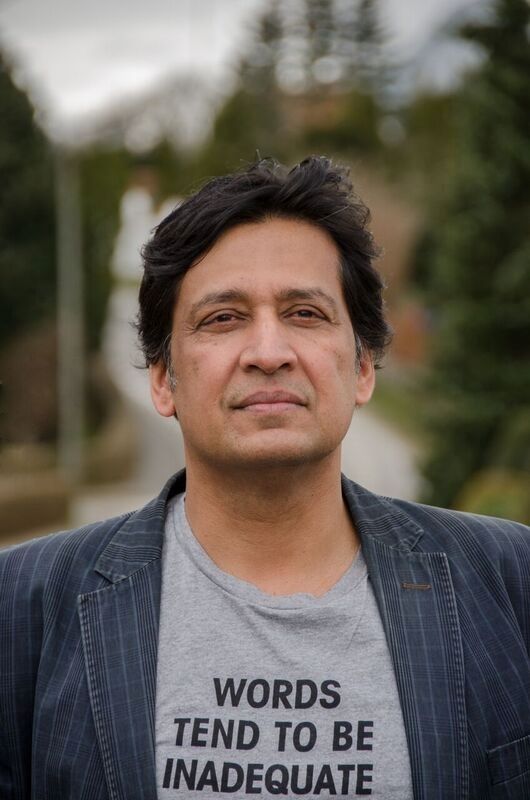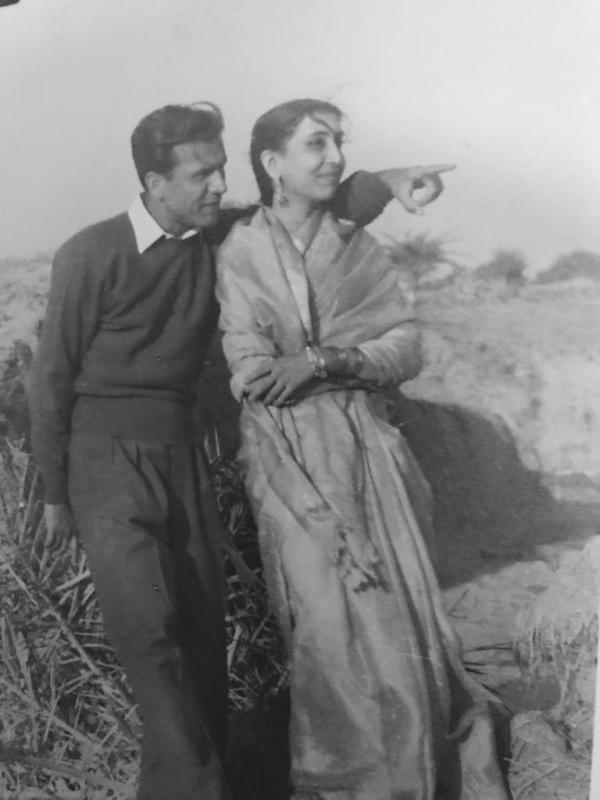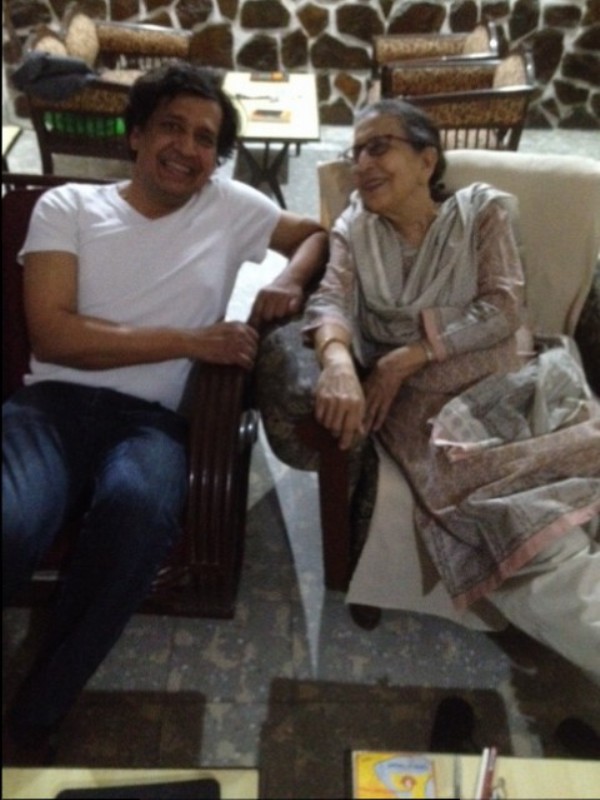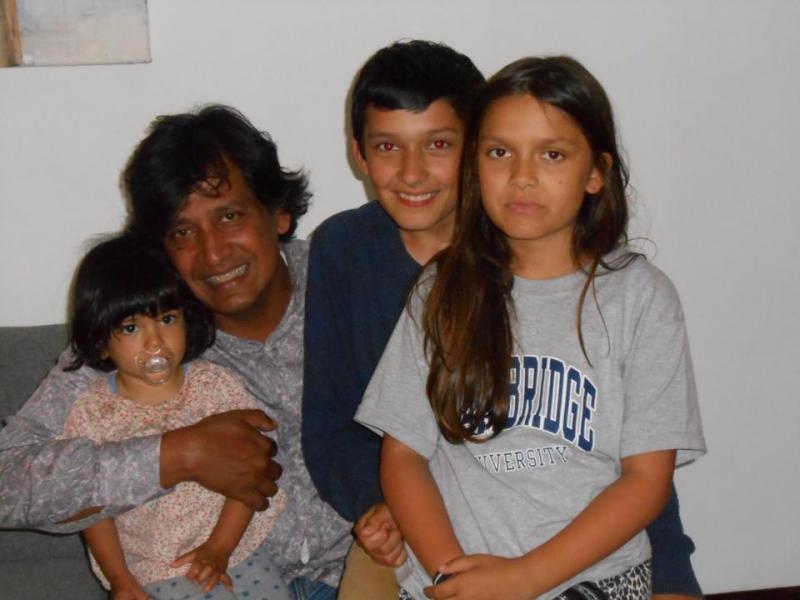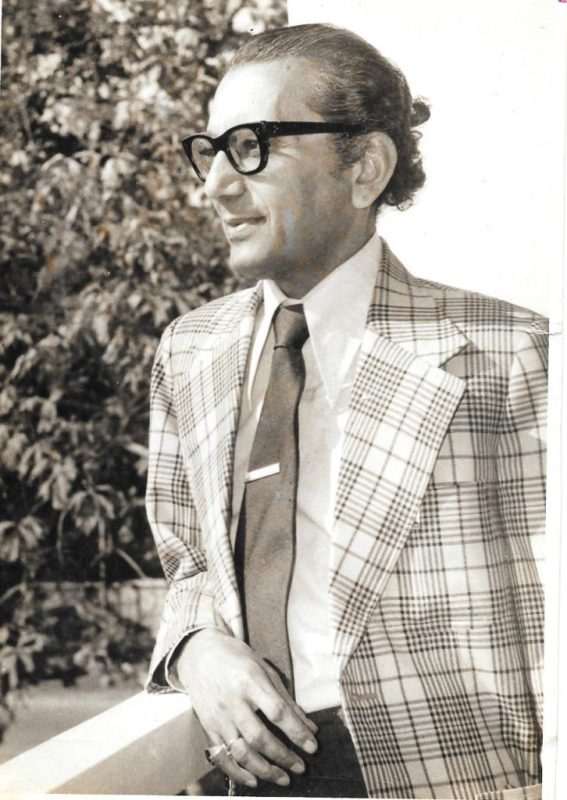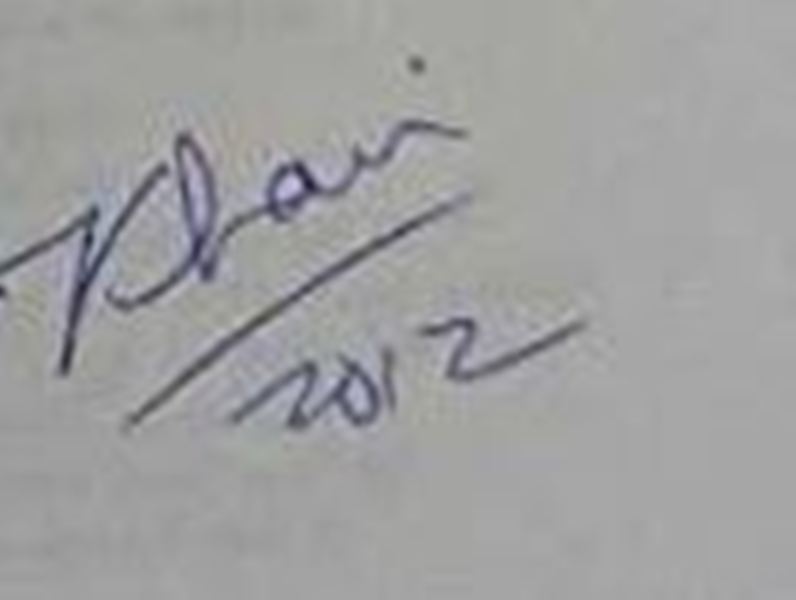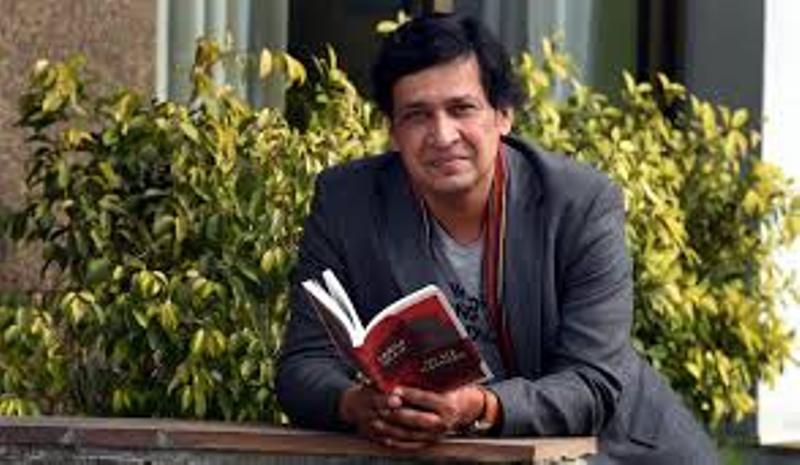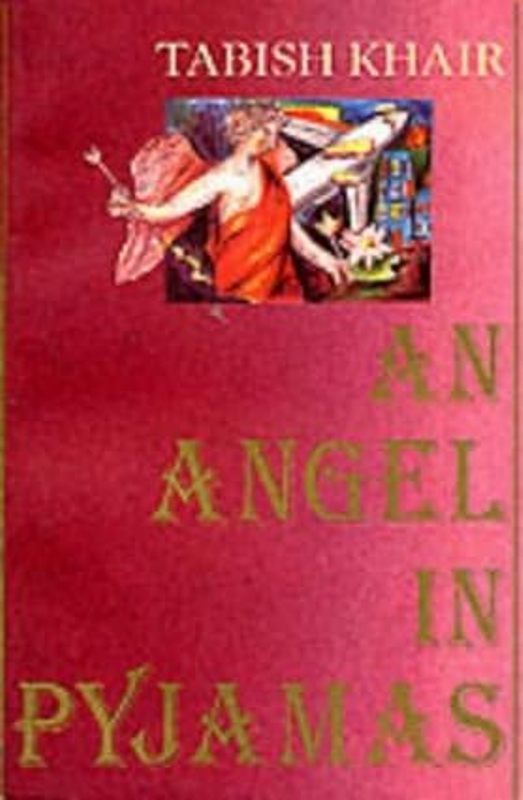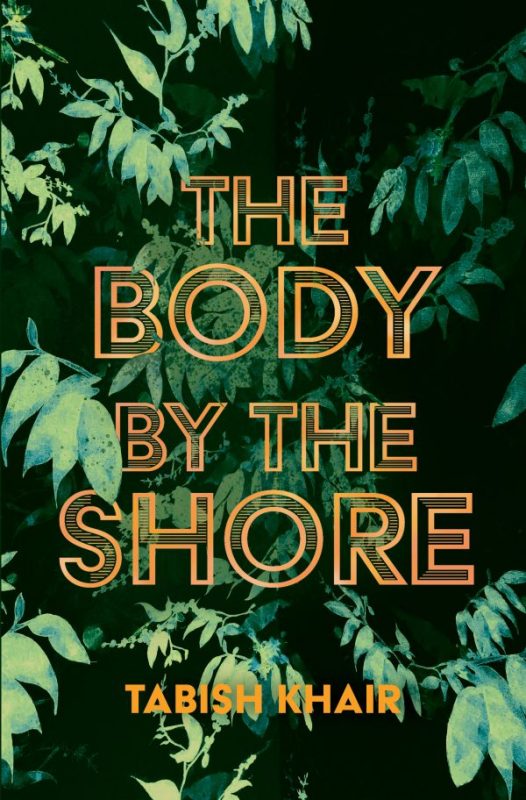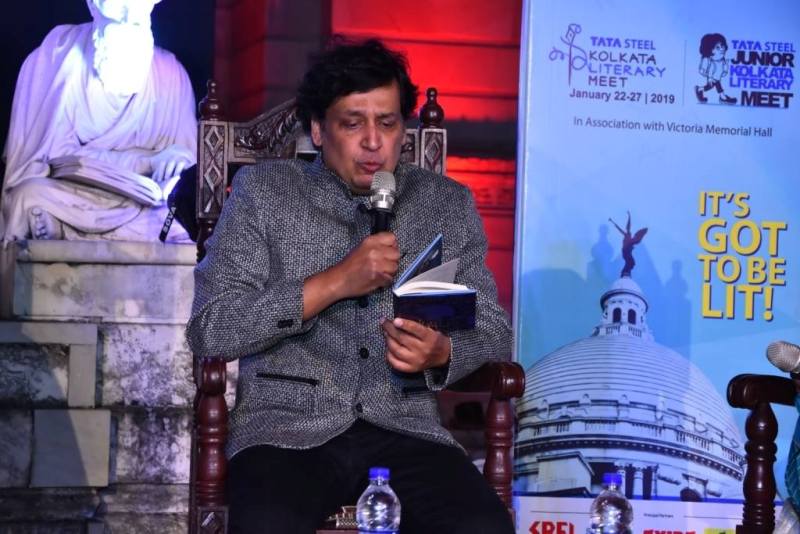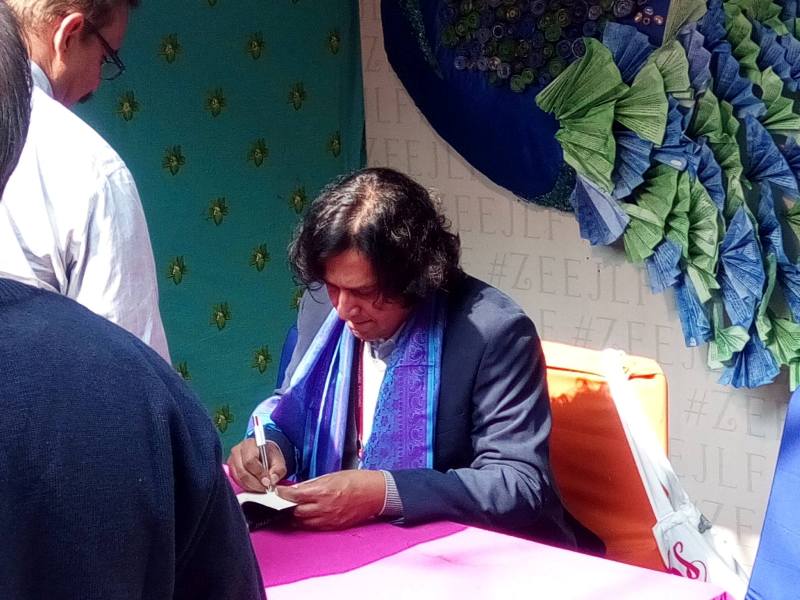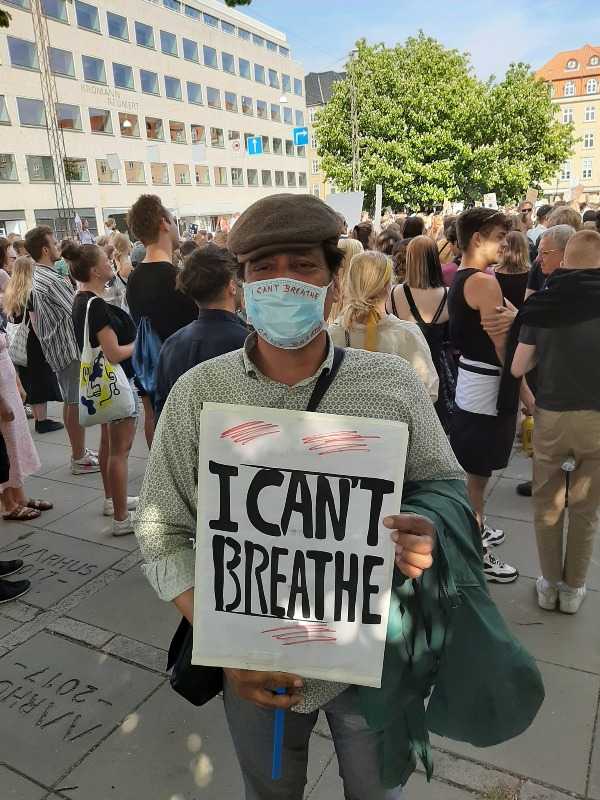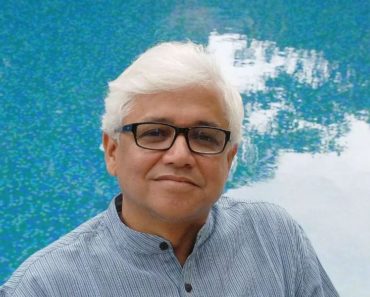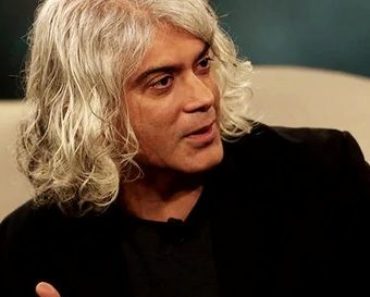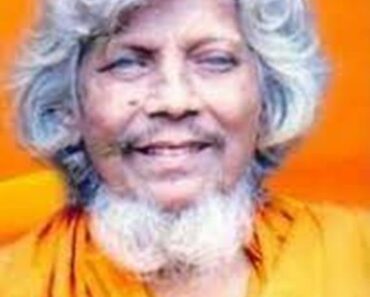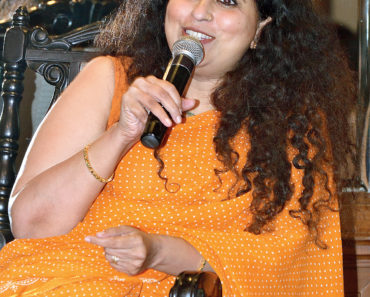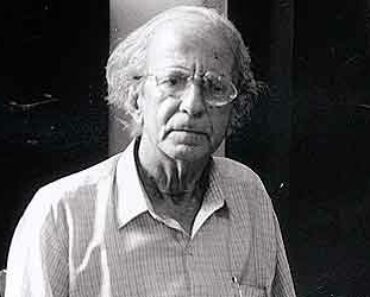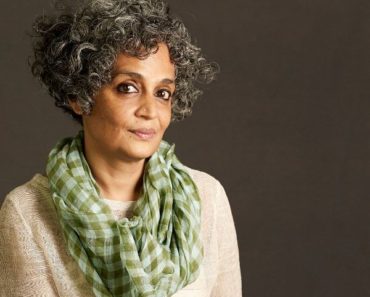Tabish Khair is an Indian English author, poet, and professor. He teaches at the Department of English, University of Aarhus, Denmark. He is popularly known for his books Jihadi Jane (2016), a book on terrorism, and The Body by the Shore (2022), a political thriller.
Contents
Wiki/Biography
Tabish Khair was born on Monday, 21 March 1966 (age 57 years; as of 2023) in Ranchi, Bihar (now in Jharkhand). His zodiac sign is Aries. He grew up in Gaya, Bihar. He finished his secondary schooling at the local Nazareth Academy. He belongs to a family of doctors and engineers, and his father wanted Tabish to pursue medical studies like everyone in his family. After school, he started his medical studies but later dropped out to pursue a Bachelor of Arts in English (honours), sociology, and history. He graduated in 1986, and later, he pursued a master’s degree in English at the local Magadh University and moved to Delhi to start his career in writing for newspapers and news magazines. During his time in Delhi, he fell in love with a Danish girl and moved to Copenhagen, Denmark, with her. In the beginning, Tabish Khair did odd jobs in Denmark including hotel cleaning, dishwashing, and house painting. In 1999, he received a PhD merit scholarship and pursued a PhD at the University of Copenhagen, Denmark.
Physical Appearance
Hair Colour: Black
Eye Colour: Brown
Family
Parents & Siblings
Tabish’s father, Dr. Khalid Khair, was a doctor, and his mother was a business owner for some time and later became a homemaker. His father passed away in December 2013.
Wife & Children
Tabish Khair has 3 children, 2 daughters, and a son. There is not much information about his wife.
Other Relatives
Kalam Haidri
Kalam Haidri was a businessman, lecturer, and writer. He was Tabish’s uncle as he married Tabish’s eldest aunt. Tabish was inspired by Kalam’s literary and political interests and visited his house daily and spent some time with him in his office downstairs. Tabish met many writers there like Joginder Paul and heard about many writers including Ismat Chughtai, Krishen Chander, and Bhisham Sahni. Kalam Haidri established The Cultural Academy, which helped young writers and students to write and get published in Urdu. During college, Tabish also edited multiple issues of an English-language six-monthly journal, Rachna.
In January 2018, Tabish wrote an article titled “Kalam Haidri: Phoopajaan” for the online platform Life and Legends about his uncle. In the article, talking about his last conversation with his uncle, Tabish wrote,
I remember teasing him during one of my last visits. As he picked up his prayer mat and headed for a quiet corner, I said to him, ‘But Phoopajaan, I thought communists did not believe in God.’He turned to me, with a slight smile, and quipped, ‘When you reach my age, son, you will prefer not to take any risks.’ [1]Life and Legends
Religion/Religious Views
Tabish Khair follows Islam, but according to him, religion is a complex matter, and talking about this in an interview, he said,
Religion is a complex matter. I am a great admirer of theorists like Terry Eagleton, who is an atheistic Marxist but engages with his religious traditions in depth. I dislike people who believe in ‘god’ blindly or dismiss religions simplistically: both sides show a dismal lack of engagement with the complexities of the past and with human aspirations and thought.” [2]The Times of India
Signature/Autograph
Career
Tabish Khair started writing during his college days; he worked as the district reporter for the Patna Edition of the Times of India. Tabish got his first collection of poems, ‘My World,’ published by a major publishing house, Rupa & Co, Delhi, before he left his hometown. His debut collection was appreciated by senior poets and critics like Keki N. Daruwalla, Adil Jussawalla, Vilas Sarang, and Shiv K. Kumar.
Later, at the age of 25, due to conflicts with some local fundamentalists, he moved to Delhi, where he worked for The Times of India. While in Delhi, Khair published two more collections and started writing his first novel, ‘An Angel in Pyjamas,’ which was later published in 1996 by Harper Collins. In India Today, it was described as “the calling card of a writer with the power to fascinate.” Tabish’s literary work reflects the themes of xenophobia, climate change, racism, abuse of power and science. [3]India Today
After Delhi, he moved to Denmark, where he completed his PhD in 2000 and wrote a thesis, which was later published as a book titled Babu Fictions: Alienation in Indian English Novels (2001); the book talks about the problems faced by Indian writers when writing in English. Khair’s second novel, ‘The Bus Stopped,’ was published by Picador in 2004. His major books include The Thing About Thugs, How to Fight Islamist Terror from the Missionary Position, and The Bus Stopped. Khair has co-edited various books and journals, including a casebook of essays on Amitav Ghosh (Permanent Black, Delhi) and ‘Other Routes’, an anthology of pre-1900 Asian and African travel writing.
His academic papers, reviews, and essays have been published in famous journals and newspapers. Tabish did his first reading from his book Just Another Jihadi Jane in Bergen, Norway, for a small but informed gathering in September 2016. In 2022, he published a science fiction novel, The Body by the Shore. He received an honorary fellowship for creative writing from the Baptist University of Hong Kong in 2004 and has also received fellowships from various universities in New Delhi, and a by-fellowship from Churchill College, Cambridge University, UK. He edited Other Routes (2005), an anthology of travel writing by Africans and Asians in 2005. His work has been translated into more than 6 languages including French, Spanish, Danish, and Portuguese.
Tabish has read his poetry and books at many global events including the Jaipur Literary Festival (2017), Tabish Khair at Kolkata Literary Meet (2019), and Kalam Festival, Kolkata (2019). He has been the writer of residence at York University in the UK and a visiting fellow at Cambridge University and Leeds University. He has also been a visiting fellow at Delhi University, Jawaharlal Nehru University, Jamia Millia Islamia, and the Indian Institute of Technology Bhubaneswar in India.
Awards
- In 2004, his second novel, The Bus Stopped, was short-listed for the Encore Award (UK).
- In 2012, his novel The Thing About Thugs was short-listed for the Man Asian Literary Prize and DSC Prize for South Asian Literature.
- In 1995, his poem Birds of North Europe won the first prize in the sixth Poetry Society All India Poetry Competition.
- In June 2008, his novel Filming (2007) was shortlisted for the Vodafone Crossword Book Award in India.
- In 2010, his novel, The Thing About Thugs, was shortlisted for The Hindu Best Fiction Award.
- The Danish translation of his novel, Filming: A Love Story (2007), was shortlisted for Denmark’s top translation/literature award (the ALOA prize).
Favourites
- Book(s): Lost Connections by Johann Hari, Changel: The Biography of a Village by Arvind Narayan Dass
- Actor: Irrfan Khan
- Indian writer: Khushwant Singh
- Beverage(s): Sheer Chai, Lassi
Facts/Trivia
- In 2020, Khair took part in a large protest against racism and the Black Lives Matter movement in Aarhus, Denmark.
- Tabish wrote a poem about his mother, which was published in an electronic journal titled Poetry at Sangam by Priya Sarukkai Chabria in 2016. [4]Poetry at Sangam
- According to Tabish, he does not like his literary work to be categorised as diasporic, subalternist, and post-colonial themes. He hates being recognised as a “Modernised or Westernized Muslim” and does not want to be identified as such.
- In 2020, Tabish Khair was part of The Decameron 2020, a project set up by Italian writer Erri De Luca and American filmmaker Michael Mayer, where they got different authors from around the world to write a story about their life during the COVID-19 lockdown. Tabish Khair wrote River of No Return, which was read by Indian actress Shabana Azmi. [5]The Times of India
- He is a great fan of the works of Salman Rushdie and is often seen reading his works in interviews.
References

